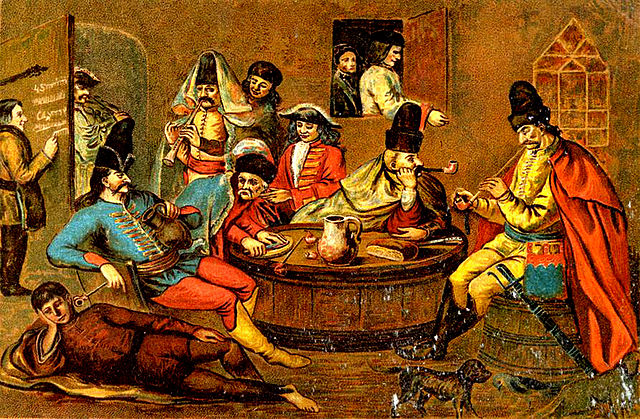Infinite photos and videos for every Wiki article ·
Find something interesting to watch in seconds
Celebrities
Presidents
Countries of the World
Richest US Counties
World Banknotes
Best Campuses
Sports
Ancient Marvels
Largest Empires
Tallest Buildings
Animals
Great Museums
Rare Coins
British Monarchs
Wonders of Nature
Orders and Medals
Crown Jewels
Supercars
History by Country
Great Cities
Great Artists
Largest Palaces
Kings of France
Famous Castles
Wars and Battles
Recovered Treasures
more top lists







